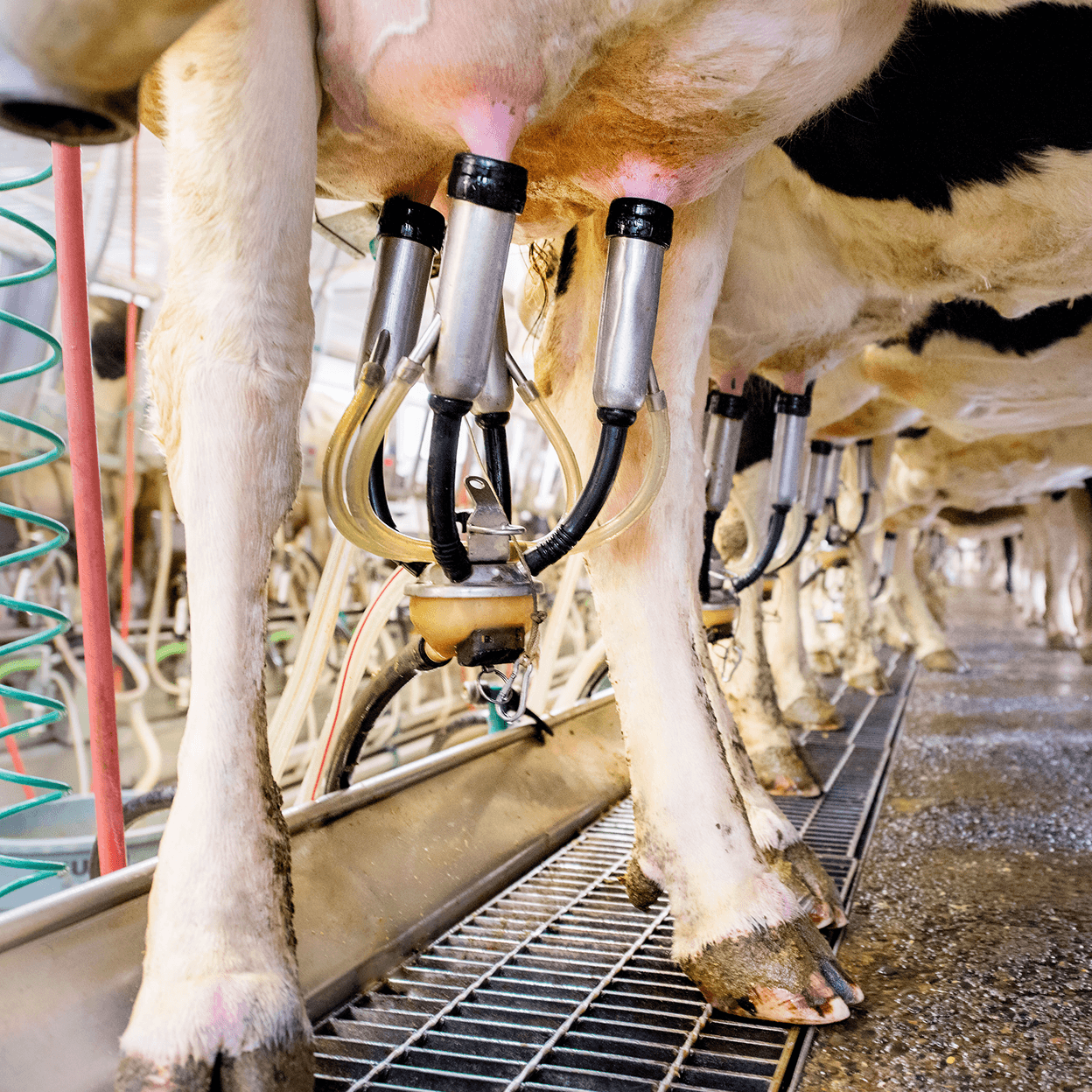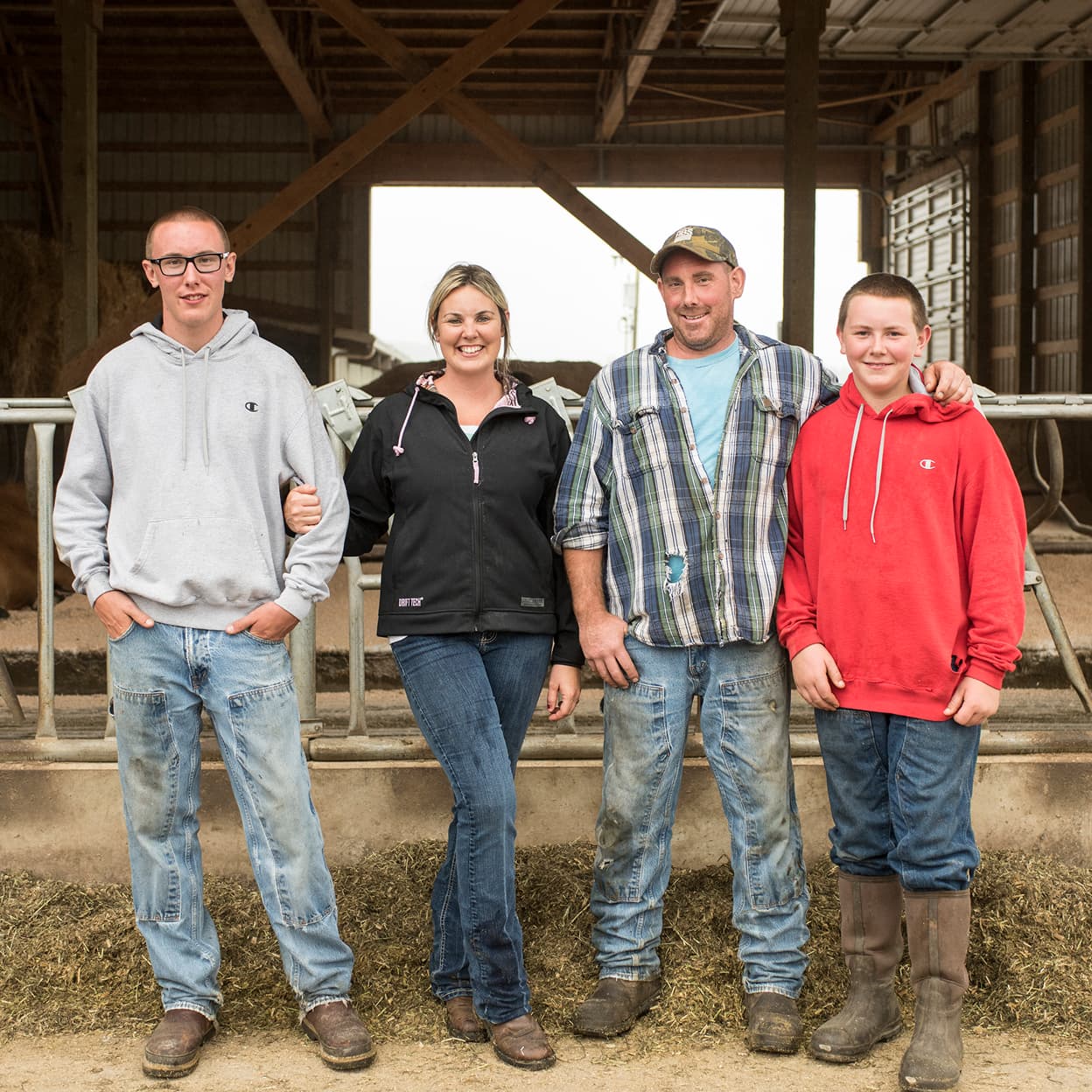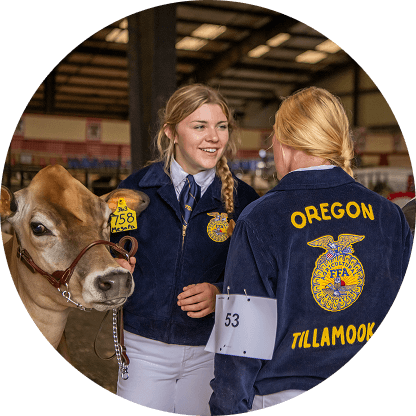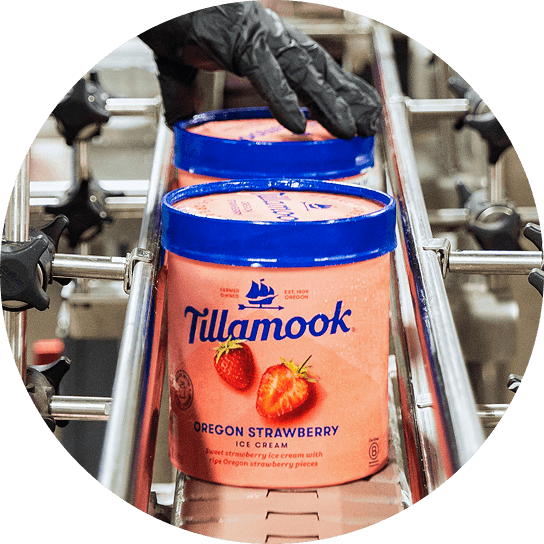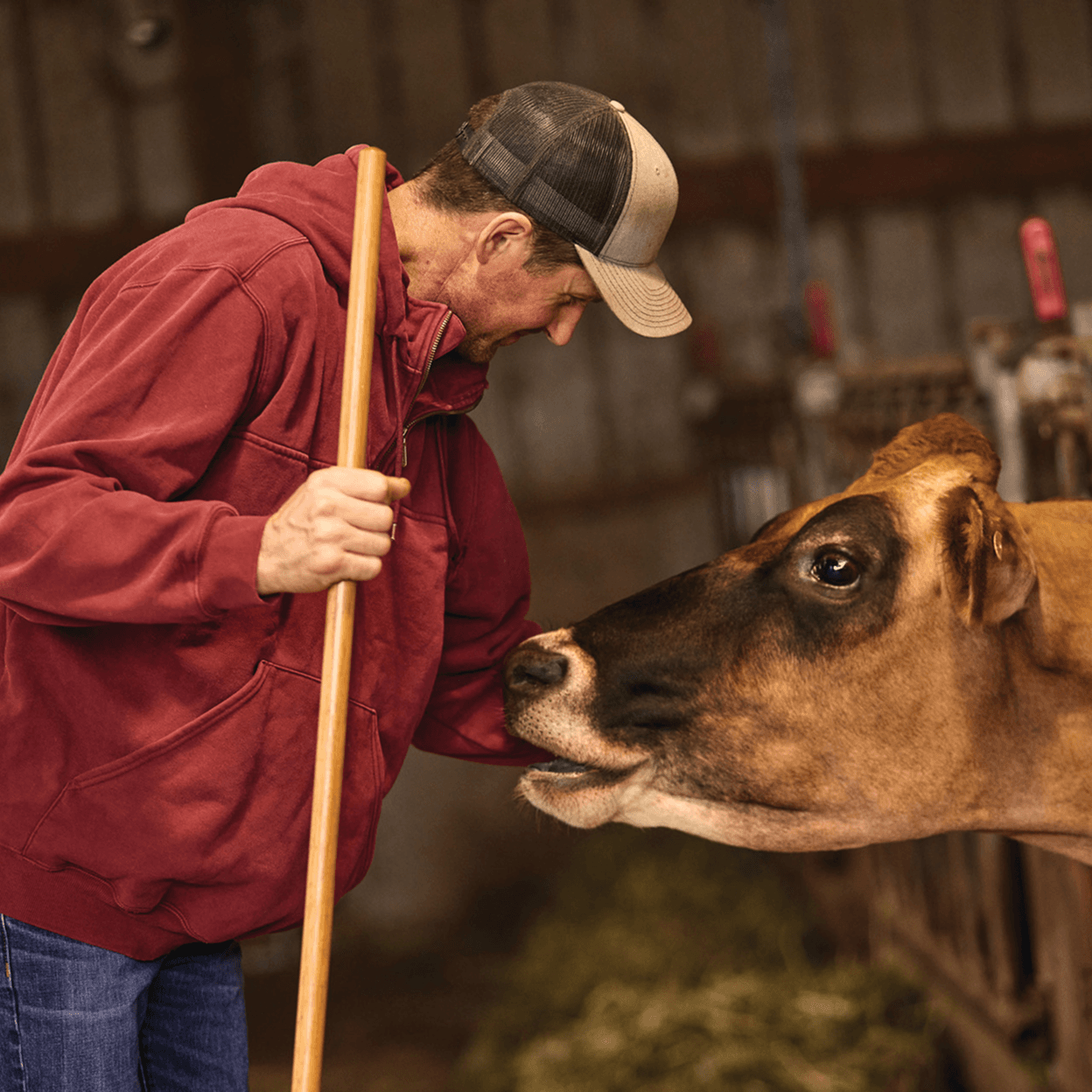
For our farmer-owners and TCCA’s Farm Services team, caring for cows is more than a job; it’s a 24/7 responsibility. One way we keep tabs on the health of our cow population is through monitoring milk quality at every step of the production process. The Farm Services and Lab teams work together to provide reliable, timely milk testing results 365 days a year. This service gives our farmers peace of mind as well as helps them stay on top of potential health issues affecting their herds. When results indicate the presence of bacteria, Farm Services consults with the farmer to determine a quick resolution plan.



